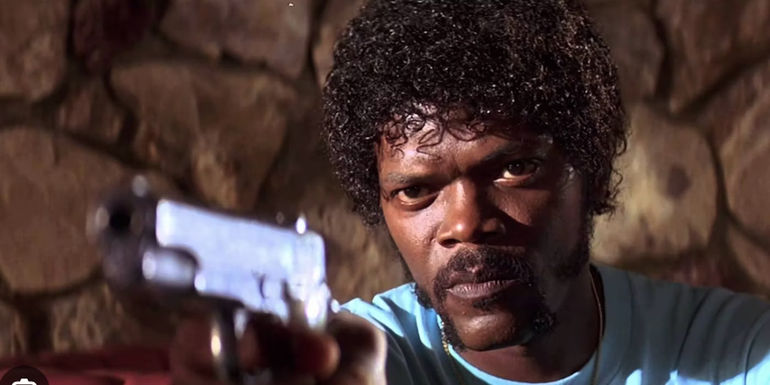
The Enduring Influence of Fight Club on Letterboxd

An in-depth look at the impressive record of Fight Club on Letterboxd and its enduring popularity and influence.
The Rise of Fight Club
Fight Club maintains an impressive record on Letterboxd, and only one other movie comes close to beating it. When Fight Club first premiered in 1999, the film received mixed reviews from critics, and even its box office numbers were not all that impressive. However, as the discussions surrounding its controversial elements grew over time, it gradually rose in the ranks as one of the most gripping and talked-about thrillers to be ever made.
Edward Norton as the Unnamed Protagonist meeting Brad Pitt as Tyler Durden in an airplane in Fight Club
Even to this day, audiences cannot help but debate the intended implications of the movie's themes, making it one of the most influential cult movies. Although David Fincher's Fight Club rarely earned major award nominations or nods and only garnered attention after getting a home video release, Chuck Palahniuk, the original Fight Club novel's author, called it an improvement to his book. The movie was so impactful following its release that it even led to the development of several real fight clubs across the United States. Fight Club's Letterboxd record proves that even though it has been a while since it first hit the big screens, not many films of its time come close to its level of enduring popularity and influence.
Edward Norton and Brad Pitt in Fight Club
Twitter article posted by Letterboxd
Fight Club's Letterboxd Ranking
Letterboxd has a popularity ranking for movies that covers over 850,000 titles (via Letterboxd). As per the website, the rankings are based on several parameters, including reviews, comments, logs, watchlist additions, and member activity. Bong Joon-ho's Oscar-winning drama Parasite is the number-one film on the list, which is not surprising since the movie not only acquired worldwide acclaim for its compelling commentary on class divides but also became the first non-English-language film to win the Academy Award for Best Picture.
Vincent Vega opens the briefcase in Pulp Fiction
What is surprising, however, is that only two movies from before the 2010s are in the top 10 rankings: Fight Club and Pulp Fiction. While all other films on the popularity ranking are from recent times, Fight Club and Pulp Fiction are the only two that show up at the top, proving how they are more ageless than any other film from before the 2010s. According to the Letterboxd rankings, this makes Fight Club the most popular movie from before the 2010s. Most films in the top 10 ranks are there because they recently premiered and are still fresh in everyone's minds. Fight Club, in contrast, does not benefit from the 'recency' bias and has earned its place in the top 10 because it came out nearly two and a half decades ago.
Samuel L Jackson points a gun in Pulp Fiction
The Timeless Appeal of Fight Club
The fact that four David Fincher movies are in the top 50 ranks of the Letterboxd list proves that there is a sense of timelessness to most David Fincher films. The director's ability to put motion to every emotion with his camerawork and mastery of portraying character obsessions and perversions make his films stand out as enduring pieces of cinematic art. Fight Club, in particular, remains so popular because its commentary on consumerism and identity is more resonant than ever.
Final scene in 1999's Fight Club with the buildings blowing up.
Speaking of Fight Club's resonance with modern audiences, the movie's popularity has only grown from strength to strength in recent years because Tyler Durden has become somewhat of a poster boy for anti-establishment sentiments and right-wing ideologies. Owing to this, everything from the movie's iconic quotes to its visual representation of dystopian disillusionment remains ingrained in pop culture through both short and long-form content. Given how well Fight Club has sustained its popularity compared to most other movies of its time, it is hilariously ironic how 'the first rule of Fight Club is that you do not talk about Fight Club.'

















